Dealing with water damage in your home can be as stressful as it is unexpected. In the United States, where water-related incidents are a common headache for homeowners, knowing how to navigate a water damage insurance claim is crucial. Whether it’s from a flash flood or a simple leak, a swift and savvy approach to your water damage insurance claim can make all the difference.Water Damage Insurance Claim Tips You Need to Know
This article is your go-to source for water damage insurance claim tips, designed to help you through the process with ease and confidence. We’ll provide you with straightforward advice on the water damage insurance claim process, ensuring you have the knowledge to secure what you’re entitled to from your policy. With these tips, you’ll be equipped to manage your claim effectively, getting your home and life back to normal as quickly as possible.
Water Damage Insurance Claim Tips: A Step-by-Step Guide
Navigating through a water damage insurance claim can be daunting, but with the right approach, you can manage it effectively. Here’s a detailed guide on each step to take when you’re facing water damage in your home.
Act Fast: Initiate Your Water Damage Insurance Claim Without Delay
The moment you discover water damage in your home, it’s imperative to jumpstart the water damage insurance claim process. This is not just a recommended step; it’s a critical move that can significantly influence the efficiency and success of your claim. Here’s why swift action is among the top water damage insurance claim tips:
Immediate Reporting Puts You Ahead
Contacting your insurance provider promptly is not just about ticking a box. It’s about setting the tone for the entire claim process. By reporting the damage without delay, you signal the urgency of your situation to your insurer. This responsiveness is crucial because insurance companies often operate on a first-come, first-served basis when dealing with a high volume of water damage claims, especially after natural disasters or severe weather events.
Safeguard Your Unaffected Property
In the interim between discovering water damage and the arrival of the insurance adjuster, your priority should be to preserve what remains untouched by water. This phase is crucial and is often highlighted in water damage insurance claim tips because it can prevent your claim from ballooning and illustrates to your insurer that you are taking responsible actions to minimize the damage.
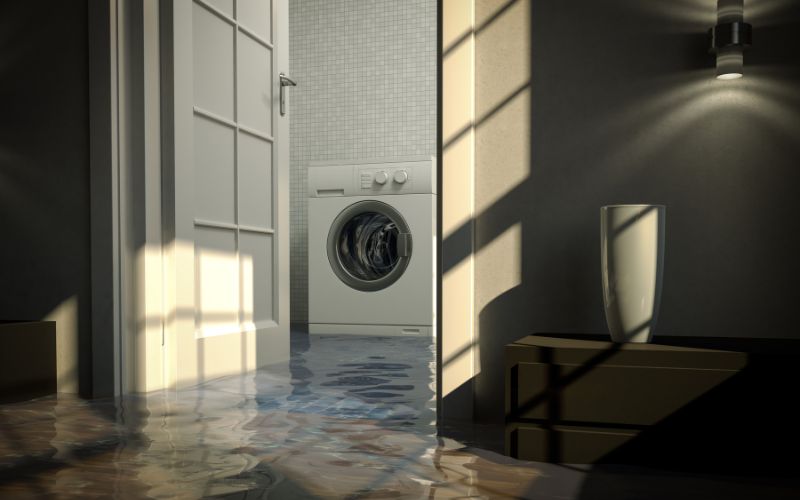
Elevate and Isolate to Protect
Begin by moving your belongings to higher ground. If you have a multi-story home, the second floor or attic can provide refuge for your possessions. For single-story dwellings, shelving or even countertops can offer a temporary safe haven from water’s reach. For items that are too bulky or heavy to lift, consider using blocks or pallets to elevate them off the floor. If the situation allows, relocating items to a different location, such as a storage facility or a friend’s house, can safeguard them from the risk of water damage.
Compile a Detailed Inventory of Losses
Thorough documentation is your best ally in an insurance claim. Go beyond just snapping pictures—create a detailed inventory of all affected items, noting their condition and estimated value. This will serve as an essential log when you’re discussing the claim with your insurance provider.
Eliminate Excess Water
If it’s feasible, start removing any standing water from your home. This could involve using pumps, wet vacs, or buckets. Remember, the longer water sits, the more damage it can cause. However, if the task is too great, it may be best to wait for professional help.
Accelerate the Drying Process
After removing the water, use fans, dehumidifiers, and open windows to start drying out the premises. This step is vital to prevent mold and mildew, which can be health hazards and cause further damage.
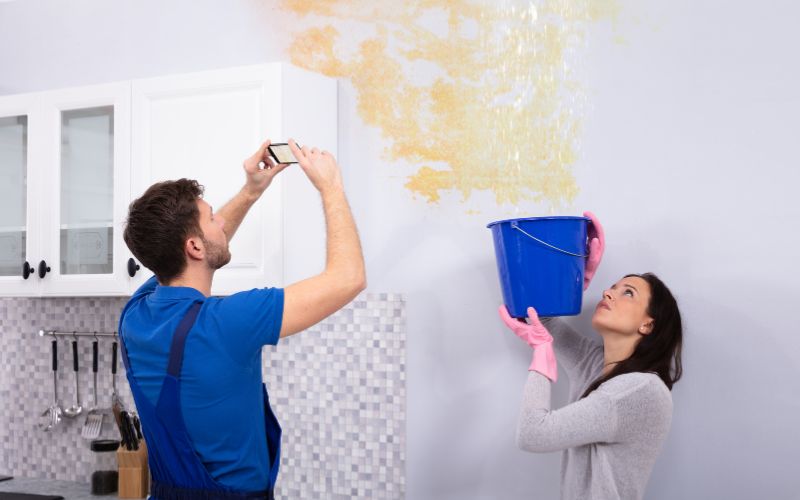
Preserve Damaged Goods for Evaluation
Hold onto damaged items until the insurance adjuster has made a complete evaluation. These items are the proof of your loss and will be crucial when your insurance company calculates your compensation.
Commence with Professional Restoration
Once you’ve taken initial steps and your claim is underway, it’s time to bring in a professional restoration company. These experts specialize in water damage restoration and can often provide additional support in dealing with insurance claims. They’ll ensure that the restoration process is thorough, which not only restores your home but also helps in justifying your claim to the insurance company.
Typical Water Damage Covered by Home Insurance
Most home insurance policies provide coverage for a variety of water-related damages. This includes the repair or replacement of the physical structure of your home and other structures on your property, as well as personal belongings that have been damaged. Here are some of the most commonly filed water damage claims:
- Sewer Backup: An overflow of the sewer system can lead to significant damage in your home. While typically covered by home insurance, it’s essential to regularly review your policy for specifics. Proactively preventing sewage backup is not only crucial for safeguarding your property but also for ensuring that you’re within the terms of your insurance coverage..
- Clogged Toilets: An overflowing toilet is an all-too-common issue that can lead to significant water damage in your home. This type of incident is typically covered by home insurance when the damage is sudden and accidental, highlighting the importance of quick action to prevent and address clogs before they lead to overflow and subsequent damage.
- Heavy Rain: Water intrusion due to heavy rain can lead to claims, provided the water damage is not classified as flood-related.
- Melting Snow: Rapid snowmelt can lead to water seeping into a home, a scenario usually covered by home insurance.
- Leaking Roof: If your roof starts to leak due to a storm or sudden, unexpected event, the resulting water damage is often covered.
- Foundation Cracks: Water seepage through foundation cracks can be covered, but this depends on the source of the water and the specific terms of your policy.
- Plumbing Leaks: Sudden plumbing leaks are typically covered, but ongoing leaks or maintenance issues may not be.
- Bursting Pipes: A common winter claim is when pipes freeze and burst, causing water damage.
- Broken Appliances: If an appliance breaks down and causes water damage, your policy will likely cover it, but the appliance itself may not be covered.
Frequently Asked Questions About Water Damage Insurance Claims
What is covered in a water damage claim?
Coverage can vary depending on your insurance policy, but typically, a water damage claim can cover the costs of repairing your home and replacing damaged personal property. This usually includes water damage from sudden and accidental incidents, such as burst pipes, appliance overflows, or water entering your home through leaks in the roof. However, it’s important to note that most standard policies do not cover flood damage, which requires separate flood insurance.
What is the average insurance payout for water damage?
The average insurance payout for water damage claims can fluctuate widely based on the extent of the damage, the coverage limits of the policy, and the deductible that applies. In the United States, the average claim for water damage ranges from $1,000 to $10,000, with more severe or extensive damage leading to higher payouts. It’s essential to review your policy to understand your coverage limits and any potential out-of-pocket costs.
What questions should I ask my insurance adjuster?
When meeting with your insurance adjuster, it’s crucial to ask the right questions to understand your claim fully. Consider asking the following:
- Can you walk me through the water damage insurance claim process?
- What is my coverage limit for water damage, and does my policy cover the current situation?
- Are there any exclusions or limitations I should be aware of?
- How long will the claim process take, and what are the next steps?
- What documentation do I need to provide, and is there a deadline for submission?
What is considered accidental water damage?
Accidental water damage refers to the sudden and unexpected occurrence of water damage that is not due to the homeowner’s negligence. Examples include a washing machine hose suddenly bursting, a dishwasher leaking, pipes freezing and then bursting, or a water heater failing. It’s important to differentiate between accidental water damage and gradual damage, which occurs over time and is often not covered by standard insurance policies.
Conclusion: Your Next Steps After Water Damage
When water damage strikes, act swiftly to mitigate loss and consult with your insurer. For thorough restoration and assistance with the insurance claim process, don’t hesitate to contact professional restoration operators. Their expertise can be invaluable in restoring your home efficiently and helping you navigate the complexities of insurance claims. Reach out to a trusted restoration service today and take the first step toward a swift and successful recovery.



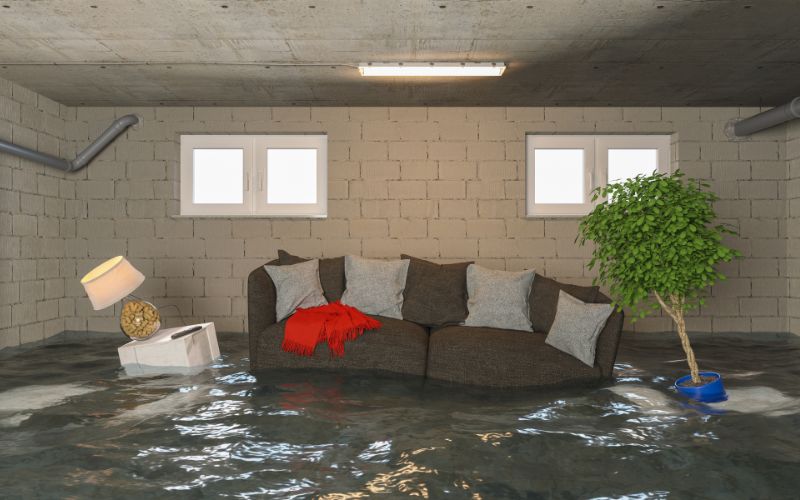
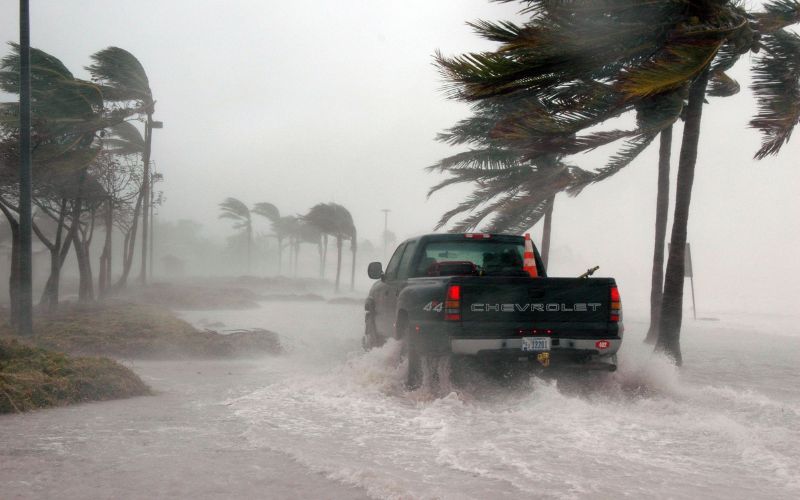
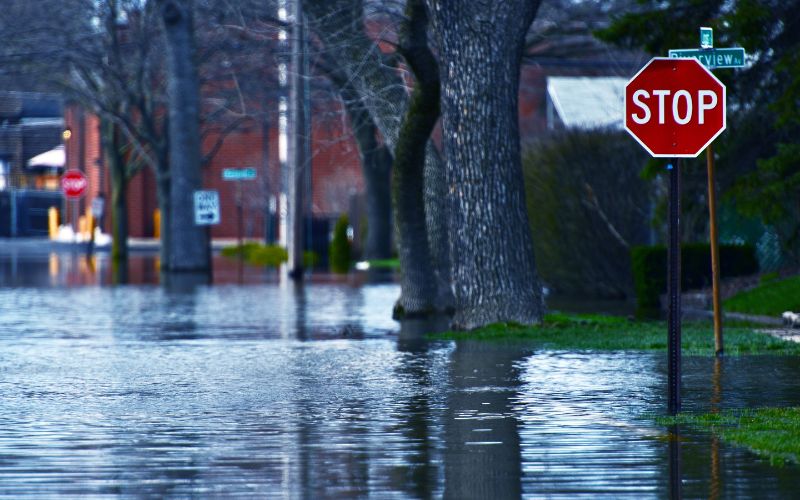
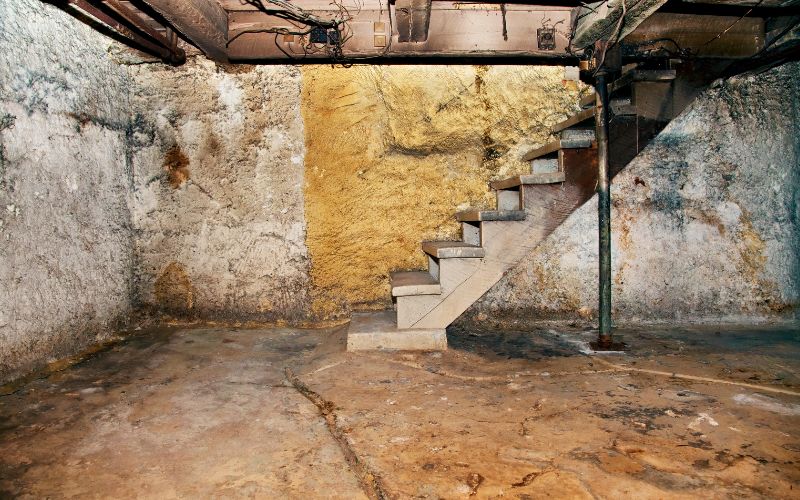
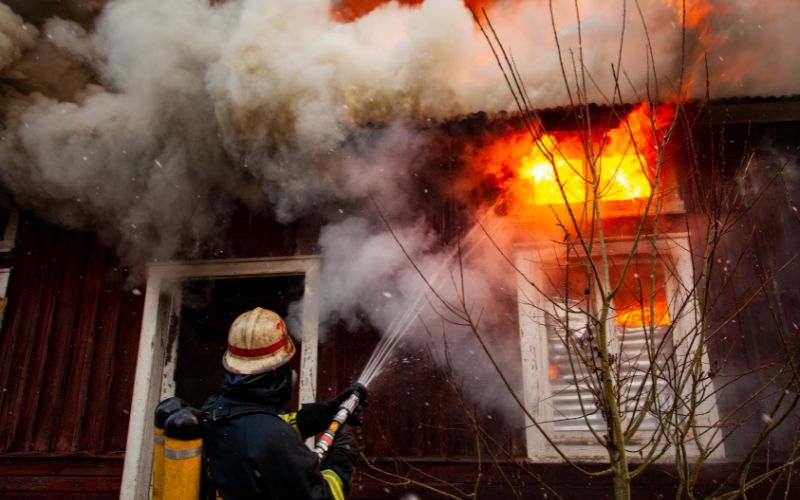




 by
by